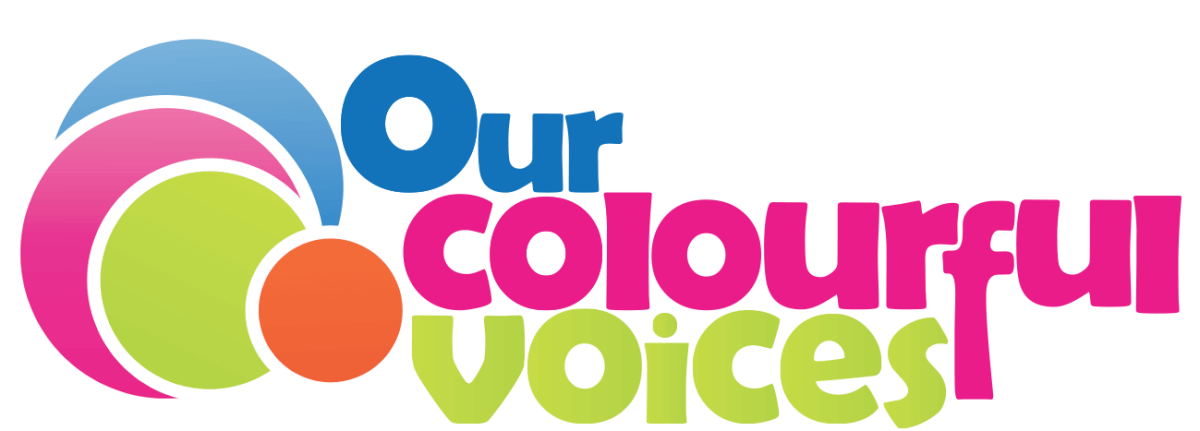First nations violent crime
In Canada today the vast majority of people have safe and happy lives but sadly this is not the case for all. One of the very few groups that often doesn’t feel this way is the many smaller indigenous groups. There are countless reasons why they may not have the same quality of life as some other Canadians. Some of the causes can include intergenerational trauma and discrimination. The government of Canada has shown commitment to these issues but the vast majority of people believe that their actions have been insufficient.
It is clear that many indigenous people have perfect reason to feel unsafe. They have double the rates of not spouse violence and women have a nearly 2.5 times chance of being assaulted. This extends to other alarming statistics like suicide where first nations communities can have a 11 time higher risk or 2 times the risk of depression. Even if somebody isn’t directly affected by these issues they likely believe that their community I worse off for it this is evident by the much lower likelihood of receiving higher education.
In fact, 75% of Indigenous people believe that due in large part to these many issues that alcohol abuse has become an issue for their community. The alcohol abuse gets even worse as you zoom in to households and individuals with one third of people saying that their household has an alcohol issue and one quarter of people saying they have had that issue themselves.
These issues despite mostly effecting adults still have a profound effect on children in particular. This is because much of this trauma in their communities will be passed down to them (intergenerational trauma) adding to the prevue’s intergenerational trauma that is part of the cause of these issues from residential schools and previous discrimination. This is why despite the indigenous population under 15 being only 7 percent of that demographic they represent over 50 percent of that demographic in orphanages. This together violates more articles in the United Nations Conventions on the Rights of the Child than I care to mention like the right to be raised by their parents or to the best possible quality of education.
This is an incredibly complicated issue that has so many faucets it is impossible for most people to fully grasp the issues at hand. It is for this reason that the Canadian government created the truth and reconciliation commission to help solve these issues. The consensus is that despite the incredibly important work they did they only just scratched the surface. In response to. This there has been countless government initiatives to combat these issues. There has also been a movement by students to try and encourage reconciliation.
The best example of this would be the Connect Charter school. They have created multiple programs to help with issues like education, technology, and mental health. This has allowed both indigenous and non indigenous students to make friends with each other and learn about each other. This type of local response to these issues is the key to solving them for good and creating an equal quality of life across Canada.
Despite how terrible these issues are it is also important to realize the progress that has happened since the days of residential schools which were in essence government child abduction or the days of legal discrimination. The government is widely believed to have not fulfilled their role in reconciliation so I encourage any Canadians to send a letter to their members of the legislative assembly or members of parliament urging them to take further actions.
By: Joshua Himmens.
CORIA, Canada.
Sources:
- https://www.heretohelp.bc.ca/aboriginal-mental-health-statistical-reality
- https://www.cbc.ca/news/indigenous/un-special-rapporteur-violence-against-women-1.4637613
- https://www.canada.ca/en/indigenous-services-canada/news/2018/11/federal-legislation-as-an-important-step-toward-reducing-the-number-of-indigenous-children-in-foster-care.html
- https://www.chrc-ccdp.gc.ca/eng/content/indigenous-peoples
- https://www.hrw.org/americas/canada
